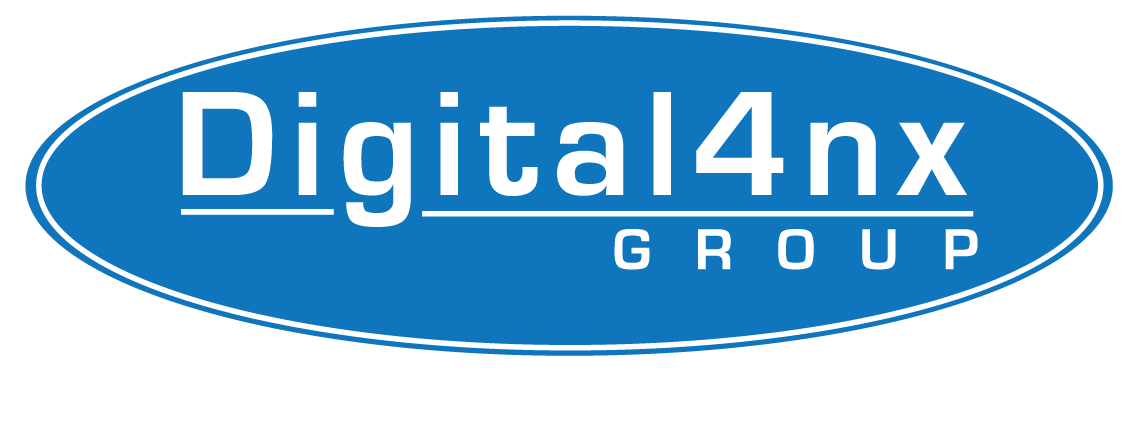The recent cybersecurity breach involving UnitedHealth Group serves as a stark reminder of the risks that healthcare institutions face in today's digital age. Despite efforts to control the situation, cybercriminals succeeded in stealing sensitive data in February 2024, leaving the healthcare giant grappling with the aftermath. Sadly, no further payments were made to recover the data, leaving it in the hands of hackers.
The repercussions of this breach transcend beyond just the theft of data. It has had a profound impact on healthcare services nationwide, causing disruptions that have led to significant operational challenges. Moreover, this crisis has raised pressing concerns about patient privacy and data security. A survey conducted by the American Hospital Association shed light on the gravity of the situation, revealing that 94% of US hospitals have faced financial losses due to the breach. Additionally, nearly 40% of hospitals reported difficulties in accessing care owing to authorization delays, while 67% found the process of switching clearinghouses arduous.
In compliance with the Health Insurance Portability and Accountability Act (HIPAA), UnitedHealth Group has been proactive in notifying the individuals most affected by this ransomware attack. However, the specter of this incident underscores larger issues regarding patient data security and the vulnerabilities within the healthcare sector.
This breach highlights the urgent need for healthcare institutions to adopt advanced cybersecurity measures. Protecting sensitive patient information is more critical than ever, as the threats posed by cybercriminals continue to evolve. Stakeholders within the industry must prioritize the implementation of comprehensive security protocols to mitigate against such threats and enhance their defense mechanisms.
In conclusion, the UnitedHealth Group breach serves as a cautionary tale, urging healthcare providers to invest in upgraded cybersecurity systems. These measures are not only essential for safeguarding patient information but also for maintaining the integrity and trust of healthcare services across the nation.
